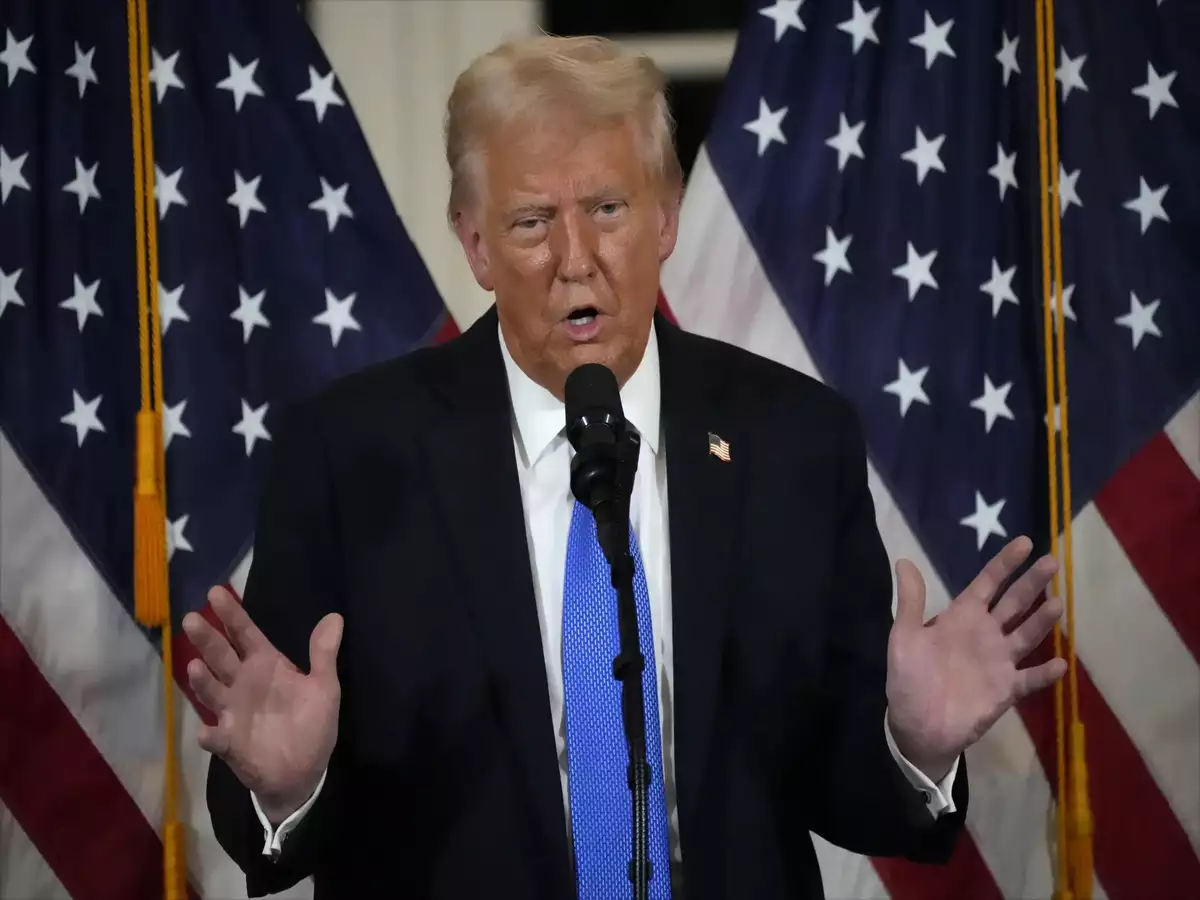- Flavors and E-Liquids
- Health and Safety
- Top Vape Brands
- Vape Deals and Discounts
- Vape Reviews
- Vaping
- Vaping Culture
- Vaping Guides
Trump Loosens Enforcement of US Law Banning Bribery of Foreign Officials

The Foreign Corrupt Practices Act (FCPA) has been a cornerstone of US efforts to combat corporate bribery on a global scale since its enactment in 1977. It criminalizes the bribery of foreign officials to secure business advantages. Under the Trump administration, enforcement priorities shifted significantly, with a focus on prosecuting transnational crime and cartels pillow talk vape 40000 rather than corporate bribery. This change has sparked debate over its potential consequences for international business ethics and legal accountability.
2. Background of the FCPA
The FCPA was introduced in response to widespread corporate corruption scandals. It has two primary components: anti-bribery provisions, which prohibit offering or giving anything of value to foreign officials, and accounting provisions, which require companies to maintain accurate financial records to prevent fraudulent activities. The law is enforced jointly by the DOJ, which handles criminal cases, and the SEC, which oversees civil violations. For decades, the FCPA has played a pivotal role in shaping corporate compliance programs worldwide.
3. Trump Administration’s Shift in FCPA Priorities
During Trump’s presidency, the DOJ issued directives refocusing FCPA enforcement efforts on bribery cases involving transnational criminal organizations and cartels. This marked a departure from the previous approach, which targeted a broad spectrum of corporate corruption. The shift was framed as a strategic move to allocate resources toward combating organized crime, but it also meant that traditional corporate bribery cases received less attention.
4. Corporate Impact of the Enforcement Shift
With decreased scrutiny from federal regulators, multinational corporations operating in high-risk regions faced reduced legal pressure to maintain stringent anti-bribery measures. Many companies adjusted their compliance strategies, as the risk of costly FCPA investigations diminished. While some business leaders welcomed the relaxed oversight as a boost to competitiveness, others warned that it could embolden unethical behavior and increase exposure to corruption-related risks.
5. Legal and Ethical Concerns
Critics argued that deprioritizing corporate bribery cases undermined long-standing efforts to promote transparency in global commerce. The move raised ethical concerns about the United States’ commitment to combating corruption, particularly at a time when other countries were strengthening their own anti-bribery laws. Supporters of the shift, however, contended that excessive enforcement of the FCPA placed an unfair burden on American businesses, making them less competitive in international markets.
6. International Reactions and Consequences
The Trump administration’s approach to FCPA enforcement drew mixed reactions abroad. Some foreign governments viewed the shift as a weakening of the global anti-corruption framework, potentially reducing cooperation in cross-border investigations. Additionally, multinational corporations had to navigate a complex landscape where US enforcement became more lenient while other countries, such as the UK and France, continued aggressive anti-bribery initiatives.
7. The Future of FCPA Enforcement
The long-term implications of these policy changes remain uncertain. A future administration could reinstate stricter enforcement policies, reversing the Trump-era approach. Regulatory uncertainty makes it difficult for businesses to adopt a stable compliance strategy. Additionally, while the DOJ shifted its focus, the SEC continued to pursue FCPA cases, ensuring that corporate accountability did not entirely disappear. As global anti-corruption efforts evolve, US enforcement policies will likely remain a key factor in shaping business ethics worldwide.
8. Conclusion
The Trump administration’s decision to loosen enforcement of the FCPA marked a significant shift in US anti-bribery policy. While the move aimed to focus on transnational crime, it also reduced oversight of corporate corruption, sparking concerns about ethical pillow talk vape flavors business practices. As regulatory priorities continue to evolve, balancing economic interests with corporate accountability will remain a crucial challenge for policymakers and businesses alike.




